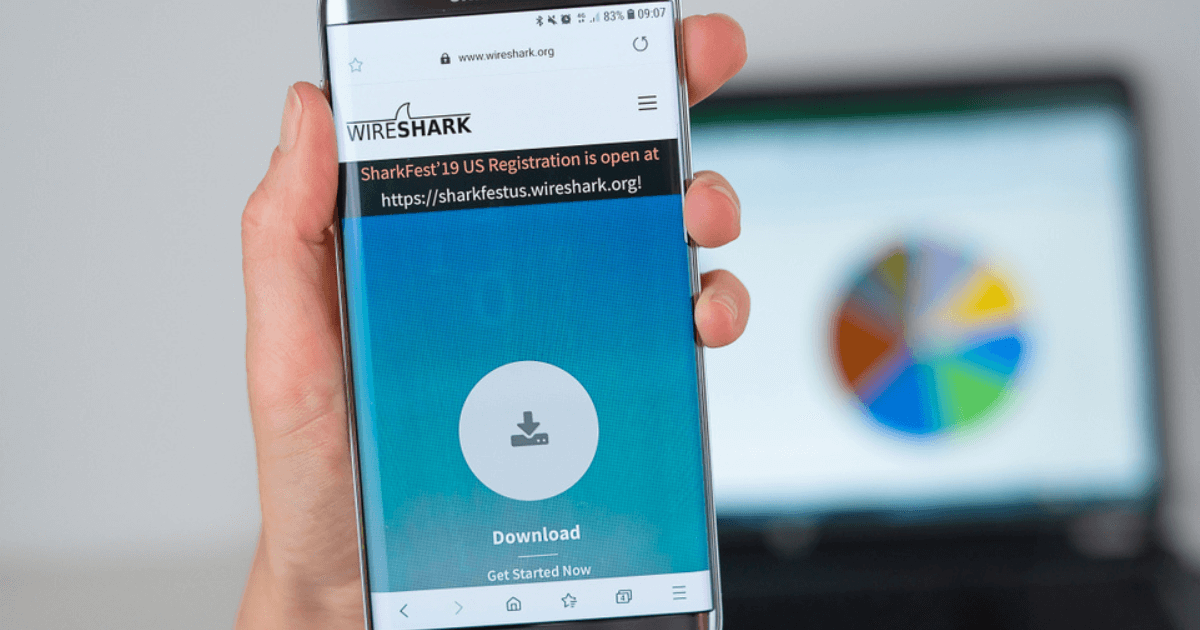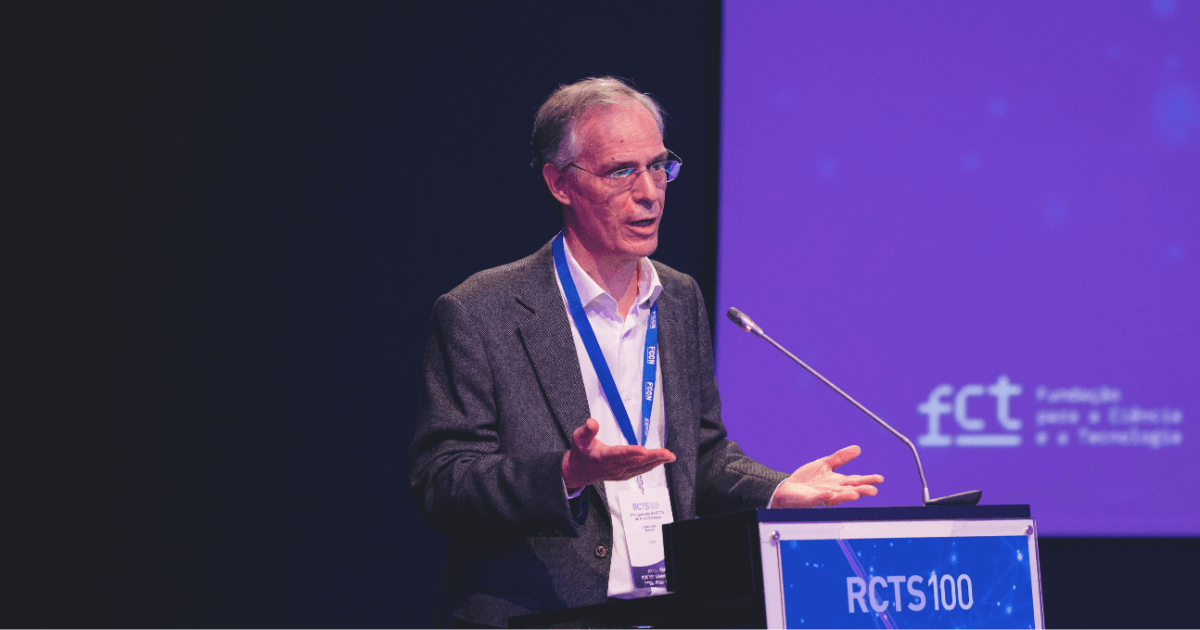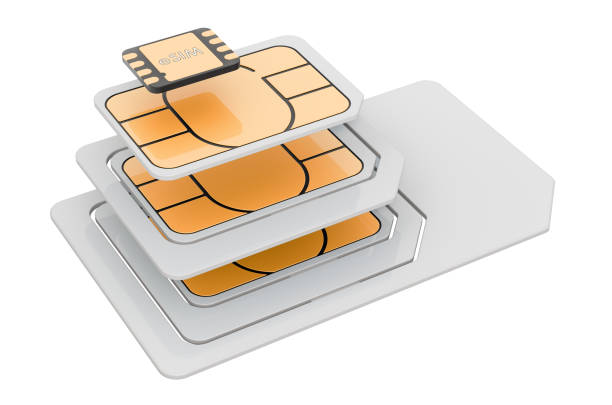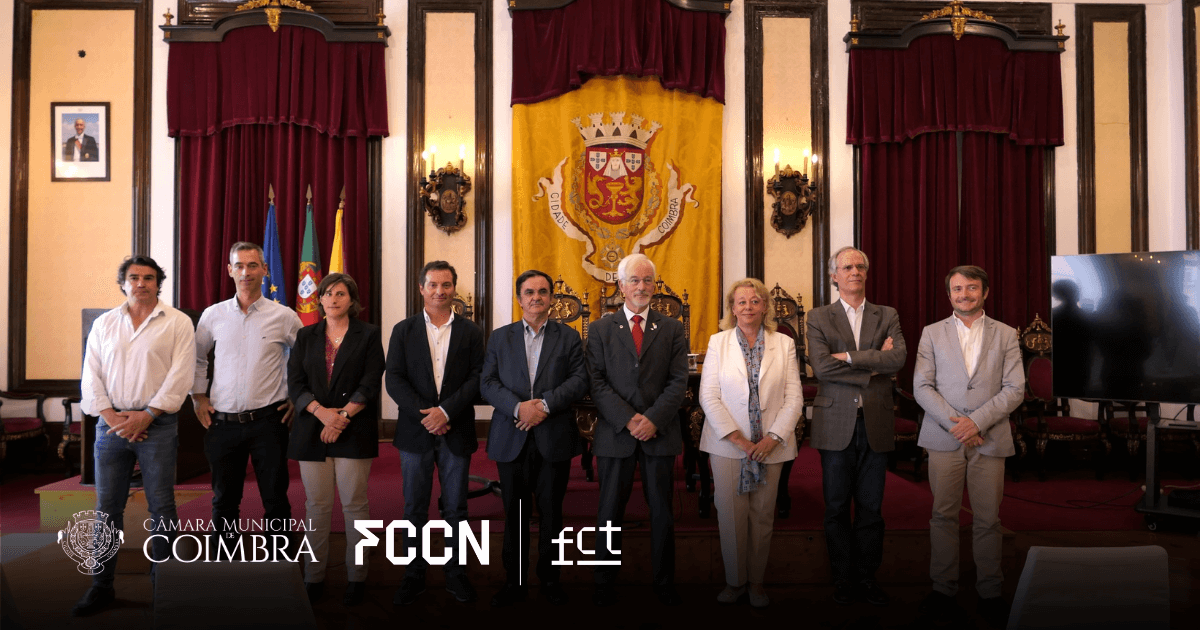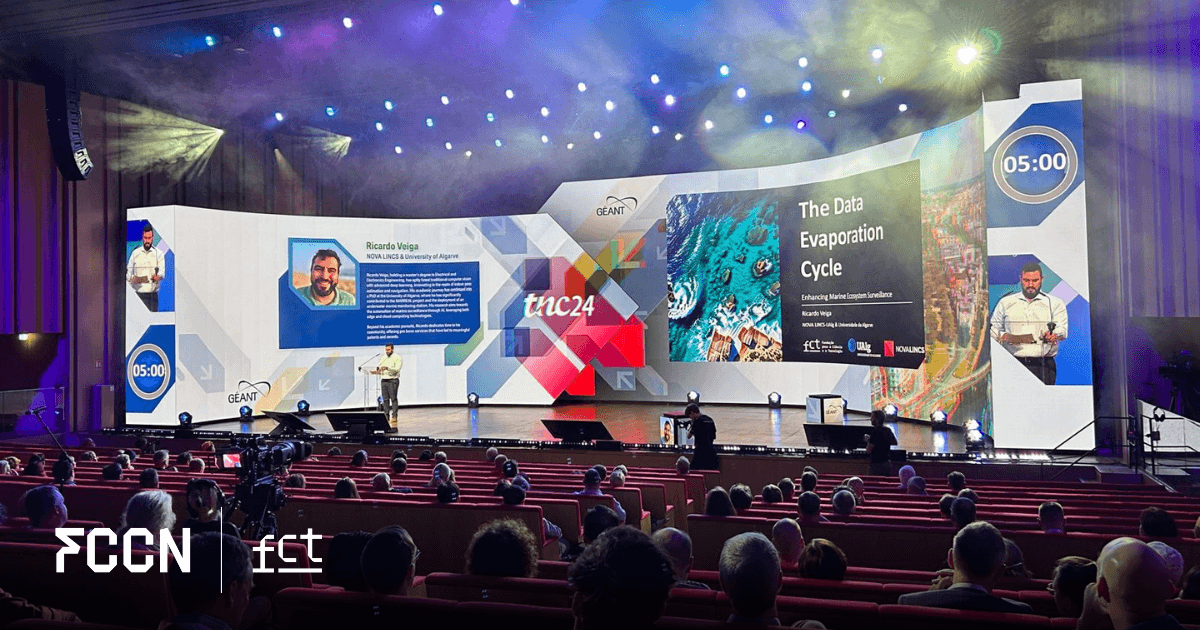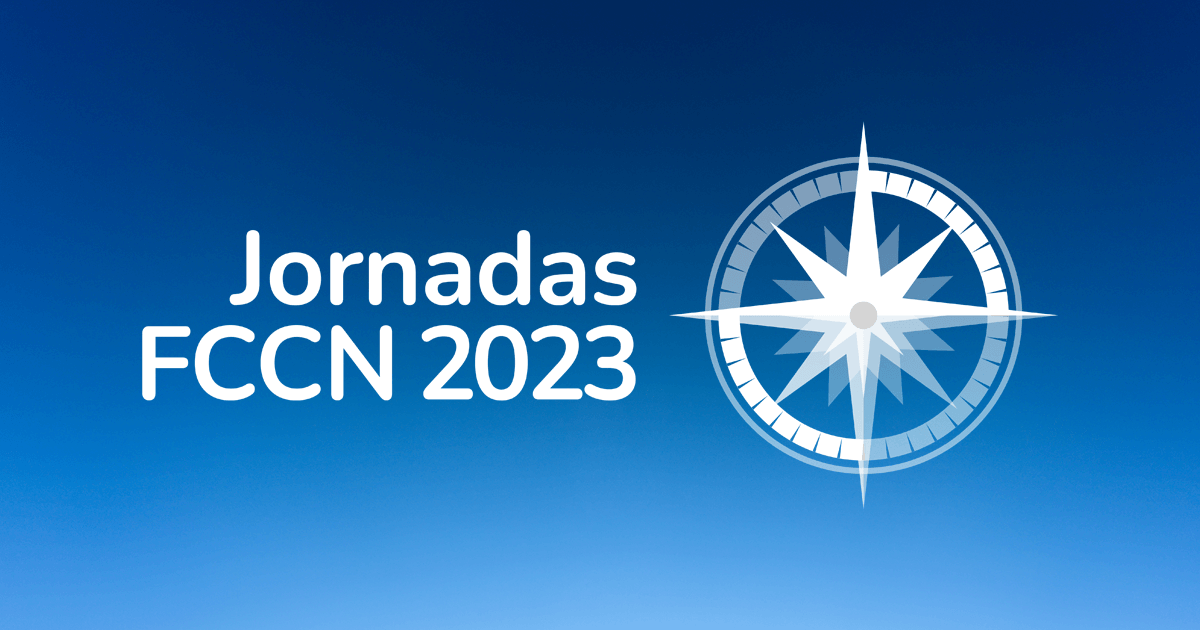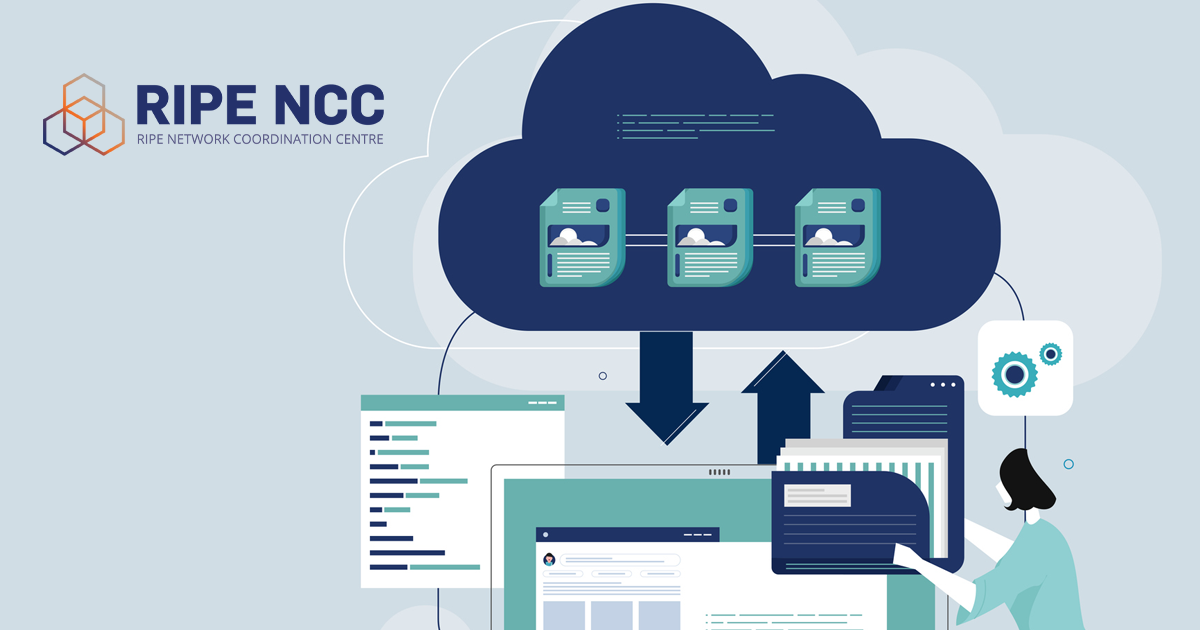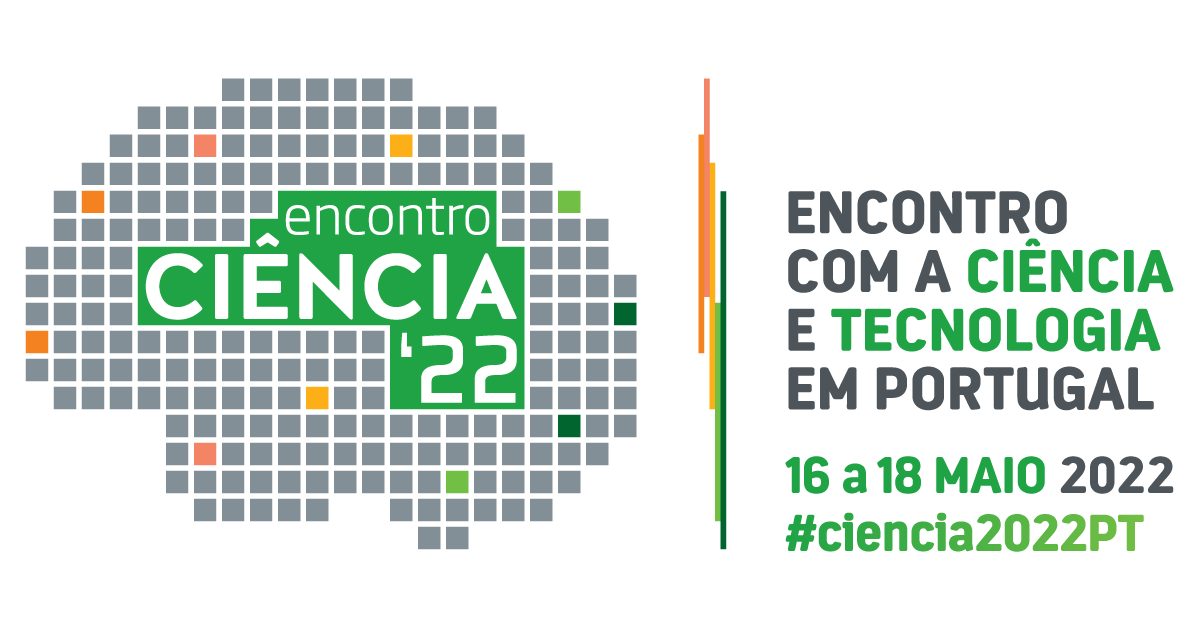
João Neves was one of the team members who, in 1991, worked on Portugal's first internet connections. The technical specialist and coordinator at INESC TEC recalls the FCCN Unit's role in this pioneering work, highlighting the team spirit they experienced, which he considers "unforgettable."
4 questions that recall Portugal's connection to the internet
This fall marks 30 years since Portugal was connected to the Internet. Can you describe the role of the FCCN Unit (then Foundation for the Development of National Means of Scientific Calculation) in this process?
Thirty years ago, a few institutions had limited connections that allowed them to route international traffic, not just over IP. I believe that national connectivity between academic and research institutions and the provision of internet access to this community were only possible thanks to the efforts and resources provided by the FCCN. It seems fair to highlight, on the FCCN's part, the involvement of Professor Vasco Freitas in facilitating the various stages.
As a member of the team that implemented the project to connect Portugal to the Internet, what can you tell us about that time and that experience?
The key word is precisely that: "team." The members of this team were a group of curious and dedicated supporters of the idea of interconnecting Portuguese institutions via TCP/IP and subsequently accessing the services and information sources available on the Internet. Although these members were located in different cities across the country, the discussion of ideas and solutions was highly motivating, as was the knowledge that we could contribute to the evolution of TCP/IP communications environments. The willingness to collaborate was a significant asset for the group. Our email lists were very dynamic, sometimes with messages being exchanged day and night! Something unforgettable for those who enjoy and work in this field.
Over the next three decades, we witnessed an exponential evolution of the Internet and underlying technologies. Was this something you anticipated as the path forward in the early 1990s? Was its impact on society predictable?
I don't think any of us at the time imagined that the Internet would become "the network" of all society, as we perceive it today. However, it was clear that it was a topic worth investing in, given its obvious potential. It's important to remember that, at the time, TCP/IP wasn't the solution for most local networks, especially corporate networks. However, it seems to me that the evolution of underlying technologies, driven primarily by the expansion of the Internet into the heterogeneous environments of society, exceeded the expectations of the most visionary of the time.
This exponential growth was undoubtedly contributed to by the growing popularity and adoption of services that began to become available on the Internet, particularly the Web. One of the most significant consequences of this popularity was the market's reduction in communications and equipment costs, accompanied by the natural increase in hardware performance.
Do you feel that the online world today fits, globally, with the objectives and mission that were advocated in 1991?
It seems to me that, nowadays, the dimension of the online world exceeds the objectives and mission predicted in the 90sToday, we have countless services and applications with functional and non-functional requirements that demand a level of complexity from the network that seemed unimaginable in the 1990s. These implications translate into technological perspectives and network usage policies.

